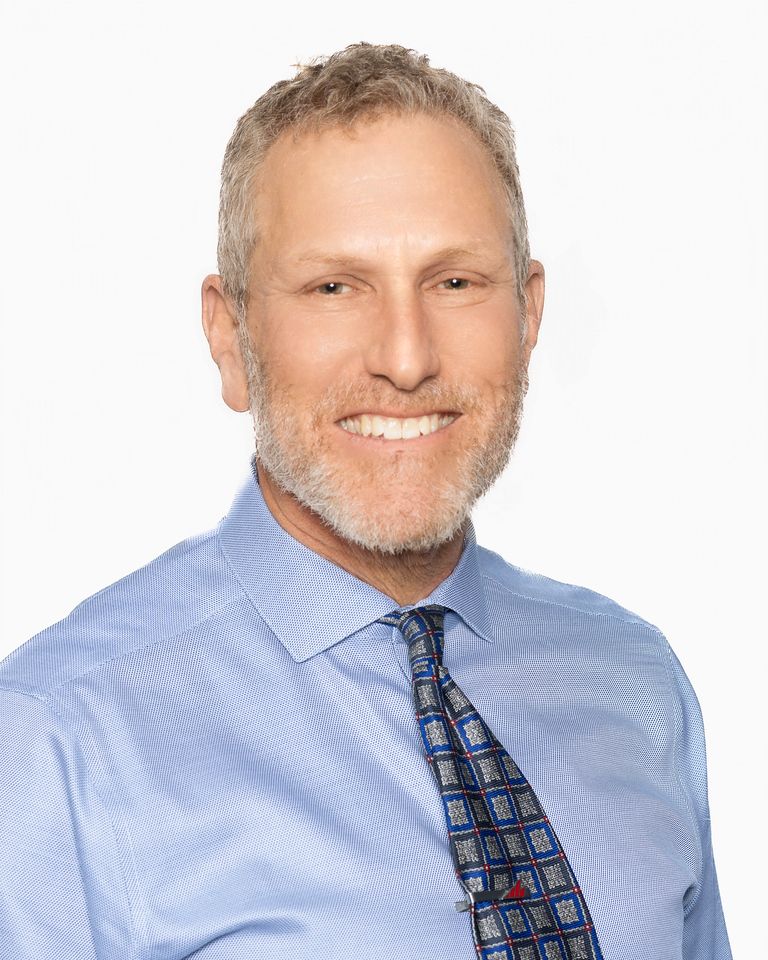Tayer: Workforce issues drive or slow economy
Boulder enjoys a highly educated workforce and dynamic, engaged educational institutions. Still, we consistently hear from businesses how hard it is to find qualified and diversified talent. Aside from more localized hurdles, such as housing access and commute issues I’ve addressed in previous columns, there also are nationwide issues, driven by technological changes and globalization, at play in this area. All are challenges to the vitality of our economy as well as serious social concerns.
Stepping into the fray on this issue, the Boulder Chamber’s Boulder Economic Council made “The Workforce of the Future” the topic of its May 22 Economic Summit. Participants highlighted efforts underway to ameliorate the shortage of highly qualified workforce talent with diverse perspectives. Amidst the many strategies they and other experts have suggested, I want to elaborate on three important themes: Connecting learning to the world of work; helping underserved groups succeed through learning; and enabling workers to continuously upgrade their skills.
Connecting to the world of work
SPONSORED CONTENT
How Platte River Power Authority is accelerating its energy transition
Platte River Power Authority, the community-owned wholesale electricity provider for Northern Colorado, has a history of bold initiatives.
Economic Summit keynote speaker Josh Davies, CEO at the Center for Work Ethic Development, and others explained that structural changes in our economy have favored knowledge-intensive industries that employ highly skilled workers. Additionally, as noted in an IBM study of CEOs, employees need both math and engineering skills, but also “soft” skills, such as communications, collaboration, problem-solving and critical thinking. Such skills might be gained through a liberal arts curriculum, but also through other activities and experiences, including apprenticeships and similar workplace training models with application to fields as diverse as computer technology, construction, health care, and manufacturing.
Most critically, the training for our future workforce must be better aligned with what businesses need and what the market demands. Programs and initiatives that are tackling this challenge include sector-partnerships that help better align industry needs and the support of workforce education and training partners, youth and adult apprenticeship programs such as CareerWise and Techtonic Academy, and the University of Colorado’s industry partnership efforts and work-based learning programs. The continuing education offerings through CU and Front Range Community College, along with career and technical education courses and STEM training through our local K-12 school districts, are additional assets in this area. Economic Summit participants agreed that all such initiatives are essential to continue connecting education to what businesses need, now and in the future.
Inclusive, skills-based learning to grow our economy
Nationwide, there’s a persistent gap in education for underserved populations, exacerbating the disturbing growth in income inequality. White students graduate high school at higher rates than African American and Latino students. Further, even though more low-income students are entering college, they don’t graduate at the same rates as those from higher income groups. And the gap is growing, leading to further workforce stratification that is compounded by the disparate access underserved populations have to business networking connections.
A number of efforts are underway locally to address this education and career access disparity, like some of the work-based training models mentioned above and targeted initiatives, such as I Have a Dream internships and the Road to Work development assistance program. Another particularly encouraging movement is the “skills-based” rather than a traditional “credentials-based” hiring model. As Skillful Colorado explained at the Economic Summit, having businesses focus on skills they need — including the “soft skills” I noted earlier — instead of credentials, such as college degrees, can create a larger and more diverse candidate pool of prospective employees.
Learning continuously to stay ahead
As IBM’s Ray Johnson opined at the Economic Summit, “There will always be a ‘workforce of the future.’” This means that workers need “continuous learning” to stay successful, and businesses need to help them. Author Jeffrey Selingo describes a “third wave” of 21st century education in which we recognize that the training we receive early in life isn’t sufficient and there is a need to provide continual training throughout a person’s lifetime. In this paradigm, education institutions and government workforce training programs have to work together with the business community to coordinate the content and pace for desired skills development.
In sum, we need a strategy for connected, inclusive and continuous learning, in which businesses, nonprofits, education and training institutions work together to provide for tomorrow’s workforce. It’s with a sense of urgency that the Boulder Chamber is working with the University of Colorado, our community colleges, the workforce system, K-12 leaders and other partners to develop that strategy, as we all recognize the need to better prepare future generations of world-class workers to sustains our vibrant economy.
John Tayer is president and CEO of the Boulder Chamber of Commerce. He can be reached at (303) 442-1044, ext 110 or john.tayer@boulderchamber.com.
Boulder enjoys a highly educated workforce and dynamic, engaged educational institutions. Still, we consistently hear from businesses how hard it is to find qualified and diversified talent. Aside from more localized hurdles, such as housing access and commute issues I’ve addressed in previous columns, there also are nationwide issues, driven by technological changes and globalization, at play in this area. All are challenges to the vitality of our economy as well as serious social concerns.
Stepping into the fray on this issue, the Boulder Chamber’s Boulder Economic Council made “The Workforce of the Future” the…
THIS ARTICLE IS FOR SUBSCRIBERS ONLY
Continue reading for less than $3 per week!
Get a month of award-winning local business news, trends and insights
Access award-winning content today!


